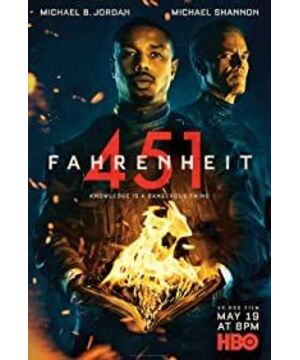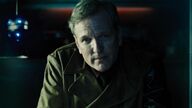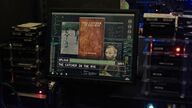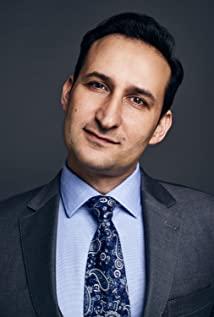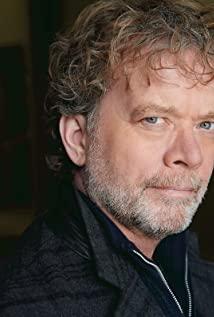The film is derived from the novel "Fahrenheit 451" by the science fiction writer Ray Bradbury. It was written in the 1950s. Looking at the time, we find that it is far away from us!
I haven't read the original novel. It is said that it was made into a movie in 1966, and now it's done again. It can be seen that the influence of his novel is still very strong.
Just from the perspective of the film’s production, the film presents many dystopian political metaphors, such as reflections on a centralized society, reflections on human freedom of speech and behavior, considerations of human nature, etc., in the progress of the story, mixed into many classics. The classic phrases of the books are staggered, and it seems dull for a film. After all, in the process of watching a movie for more than an hour, if you want to enter into deep thinking, there are certain limitations, and the viewing experience is also Discounted!
Judging from the title of science fiction, the book was written in the 1950s. With the level of science and technology at that time, it is indeed worthy of praise to write this theme. However, I personally think that in the recent years of explosive development of science and technology, come again Seeing this is not a novel (movie), it feels that there are certain limitations. In a world where science and technology will develop rapidly in the future, the ruling class will adopt a policy of fooling the people and not allow reading, mainly paper books. However, high-tech features appear everywhere in human life. The rapid development of science and technology, without the inheritance and development of knowledge, can create brilliant civilization? It can be said that it is full of dystopian absurdity. In the current society, the reading of paper books is indeed on the decline, but the reading of electronic channels is on the rise. Of course, light reading has become the mainstream of society, and it is increasingly difficult to calm down. Come and read a book well, but it doesn't mean that there is no reading. After all, books are the carrier of spreading knowledge and the key to enlighten the soul, but the development of science and technology has allowed this carrier to be no longer limited to paper books. This is a good thing!
It is also full of absurdity for the ruling class to control mankind and to prevent reading books. It is very likely to think of Qin Shihuang’s "burning books and pitting Confucianism". A series of measures are the foundation of the proud continuation of the Chinese nation. Under his rule, book burning appeared, but it does not mean that all books are burned. They are selective. "Is two different things, the "pit" is also the sorcerer, not the "Confucian scholar." Therefore, the adoption of the method of not allowing reading to strengthen centralized rule, from the perspective of the current era, reveals too much absurdity. The faster the development of science and technology, the more important it is to education and inheritance, and of course the more important it is to read. Only in a corner of the world and a region that is self-proclaimed can we firmly believe that the disciples of non-self religions are all "Satan", and the extreme thinking of "non-self race, their hearts must be different". Therefore, in the fast-developing future of science and technology, I personally believe that it will be more of a world of unity, generating common values and worldviews, and more of tolerance, and it will be the contending of a hundred flowers!
Finally, Sofia Baotra's face is still "square", and the good figure shown in "The New Mummy" is not shown here!
View more about Fahrenheit 451 reviews


